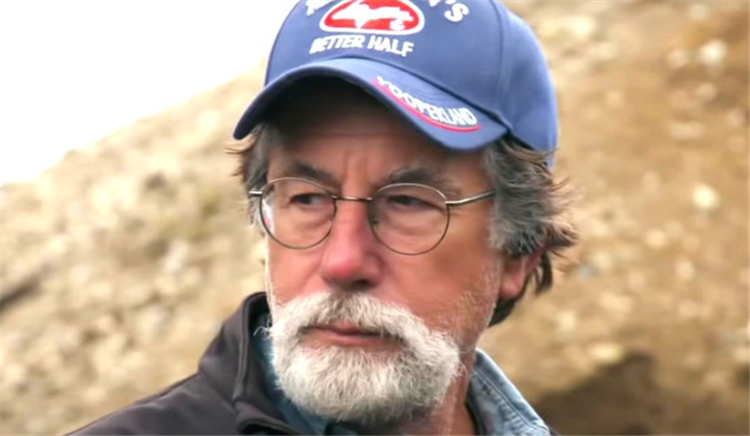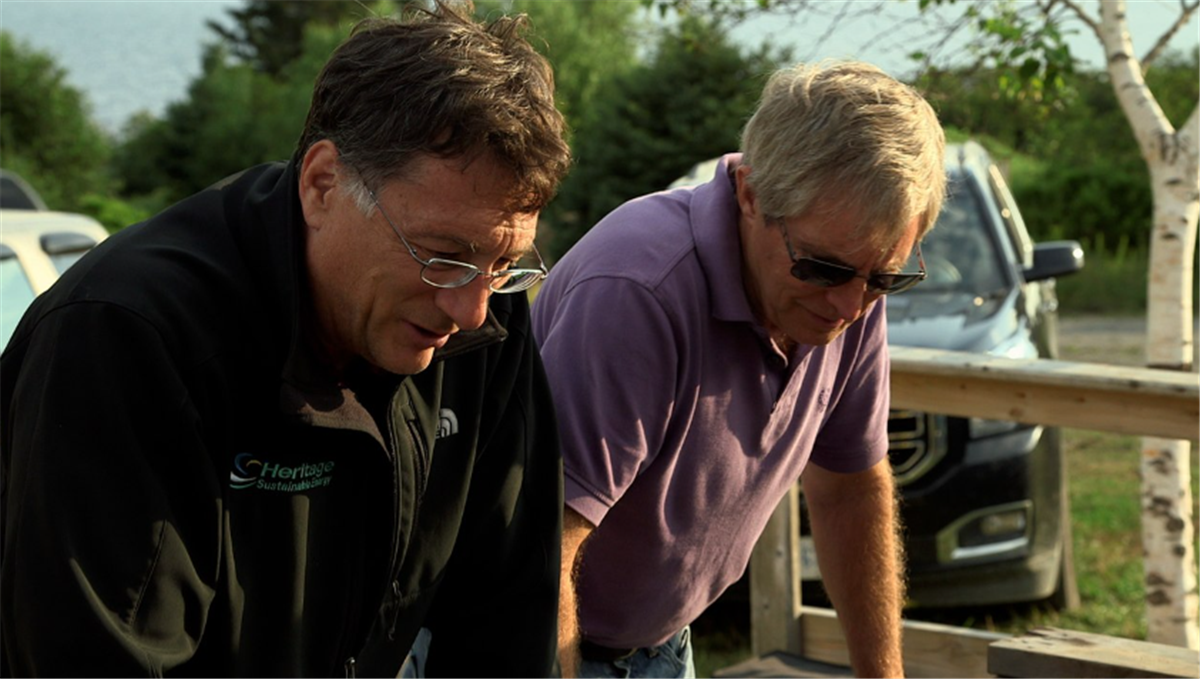The premise of “The Curse of Oak Island” is a relative oddity in the sense that the main cast of the show are searching for the very thing that would precipitate the show’s end. Across nine seasons, the show has followed treasure finders and brothers Rick and Marty Lagina as they and their team search for the historically infamous treasure purported to be hidden somewhere on Oak Island in Nova Scotia. Though the series has seen the team make several notable discoveries and breakthroughs, the treasure itself remains undiscovered, at least for now.
The premise of “The Curse of Oak Island” is a relative oddity in the sense that the main cast of the show are searching for the very thing that would precipitate the show’s end. Across nine seasons, the show has followed treasure finders and brothers Rick and Marty Lagina as they and their team search for the historically infamous treasure purported to be hidden somewhere on Oak Island in Nova Scotia. Though the series has seen the team make several notable discoveries and breakthroughs, the treasure itself remains undiscovered, at least for now.
But as likely — or unlikely –as it may seem, fans have long wondered about a possible endgame for the series if the team does successfully locate and unearth the treasure. Such a discovery would likely turn the whole community surrounding Oak Island upside down, even outside of the show’s parameters, and a lot of parties would inevitably be involved. So, the question persists: if the treasure on Oak Island is found, who actually gets to keep it?
The Lagina brothers would probably get most of the treasure

In a 2020 video on History’s official YouTube site in which the Lagina brothers answered fan questions, the pair discussed who would be the rightful claimant to the treasure if it were discovered on the show. As Rick explains, the answer comes in two parts. The first detail is that the Lagina brothers’ current search of Oak Island is covered under the Treasure Trove License, a government act stipulating that licensed treasure finders can lawfully keep 90 percent of whatever treasure they find. The other 10 percent of the findings are claimed by the government, who can pick whatever tenth of the treasure they so desire. This seems like a relatively clean-cut scenario, but that’s where the second part complicates things.
Marty elaborates that if a significant treasure was found on Oak Island, it’s likely that multiple claimants would emerge and make arguments for their rightful ownership of its contents, be it some element relating to their residency, their family lineage, or something else. Basically, many people would try to get at least a portion of the famed treasure and it’s uncertain whether any could be successful.
At the end of the day, at least two recipients are clear: the Lagina brothers and the government would both have rightful claim over at least some part of the treasure. However, only time will tell whether such a scenario will ever happen on “The Curse of Oak Island.”
